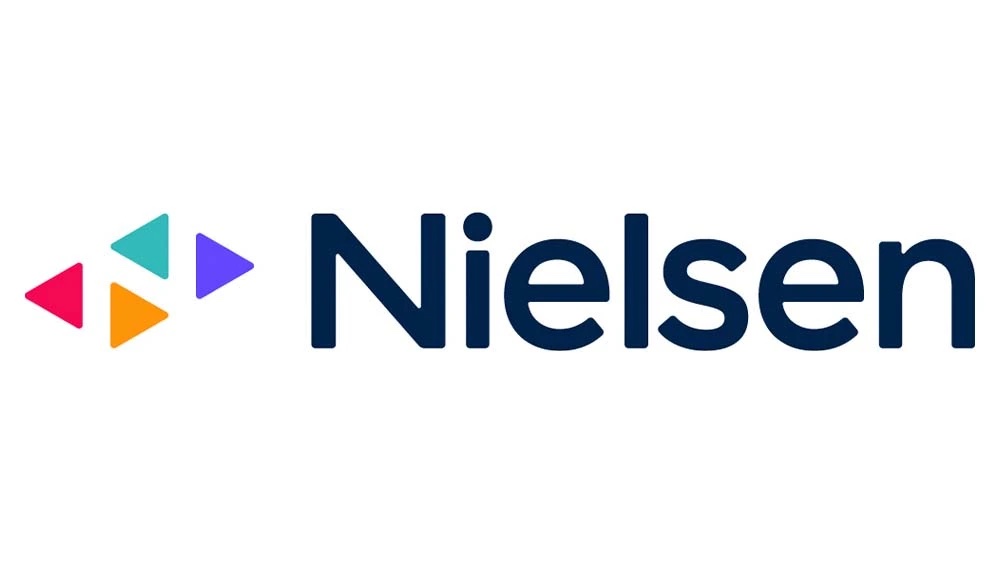EchoStar teams with Vivendi for Brazilian pay TV service
Brazil’s fast growing pay TV market has attracted a major new entrant in the form of a partnership between satellite platform company EchoStar and French media conglomerate Vivendi. The hybrid service combining satellite and IPTV will be run by Vivendi’s existing Brazilian telecoms subsidiary GVT and timed to exploit an anticipated surge in pay TV take-up ahead of the 2014 FIFA World Cup being hosted by the country. With the 2016 Olympic Games also in Brazil, there is an expectation that growth will be sustained for several years.
The service will in effect build on GVT’s existing hybrid package launched in 2012, which used satellite capacity from Intelsat for broadcast channels and GVT’s own broadband network for interactive services. This service got off to a reasonable start, having so far gained more than 500,000 video customers, around 3 percent of the overall Brazilian pay TV market. But there were uncertainties over satellite capacity, while EchoStar had been accumulating spectrum over South America as part of its strategy to expand into video and data services across the region.
The proposed deal with Vivendi, if it gets waved through by regulators, would be the first service in South America to result from Echostar’s spectrum buying spree, although it has already pulled off a similar trick in Mexico. There, its joint venture with local media group MVS Comunicaciones has gained 2.3 million pay TV subscribers since its launch in 2008.
The new venture will aim to capitalize on Echostar’s increased satellite spectrum to deliver multiple HD channels and possibly even to launch one or two in ultra HD in time for the 2016 Olympics, if not next year’s World Cup. It is also likely to be followed by similar ventures based on Echostar’s spectrum in other South American countries, although probably with different partners for the terrestrial broadband component, given that Vivendi is not present in all the markets.
In Brazil, the Vivendi/EchoStar venture would be a competitive threat to all existing pay TV operators, but especially Sky Brasil, the DTH operator owned by DirecTV with currently around 5.2 million video customers, according to Rethink Research, the UK analyst group specializing in TV and wireless technologies. As the group pointed out, the venture would compete directly against DirecTV with the advantage of having an established fixed line broadband network to enable interactivity, which satellite operators will need to stay competitive.
There should be plenty of growth in Brazilian pay TV to go round, with most predictions estimating that the number of subscribers will increase by around 50 percent by 2018 to reach about 25 million. Brazil’s pay TV market has been enjoying rapid and continuous expansion that began in 2006, when there were just 4.58 million subscribers. This year, a marked slowdown in the Brazilian economy has retarded pay TV growth, but most analysts predict that expansion will accelerate again in 2014, with the Olympics providing an added boost, and then continue until 2018.
As Rethink Research pointed out, there are still two favorable factors for Brazilian pay TV operators. One is that, despite all the recent growth, pay TV penetration at 28 percent is still lower than in other leading Latin American countries, standing at 60 percent in Argentina. This leaves plenty of room for further growth over the next five years.
The professional video industry's #1 source for news, trends and product and tech information. Sign up below.
Secondly, ARPU is far higher than in most developing markets, including the other three BRIC countries of Russia, China and India. Accurate data is hard to obtain, but taking account of various analyst estimates and information from regulators, Brazil’s pay TV ARPU averages out at about $60 per month, which is 10 to 20 times higher than that for the other three BRIC countries. For this reason, Brazil’s pay TV revenues are comparable with those of China and India, even though it has less than 20 percent the population with correspondingly much lower subscriber numbers.
